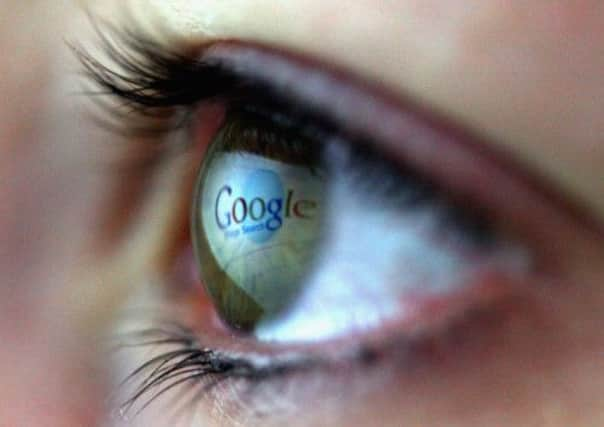Pressure on Google over child sex abuse


Yahoo! and Microsoft’s Bing have both agreed that a pop-up warning will appear when people enter child abuse-sensitive terms into their search engines.
But though the moves have been welcomed by campaigners, Google, the world’s leading search engine, has resisted taking such a step, claiming it would not deter paedophiles, and says it is working on its own system.
Advertisement
Hide AdAdvertisement
Hide AdBing’s warning system will only operate in Britain. It will react to a list of terms drawn up by the Child Exploitation and Online Protection Centre (Ceop). Using such terms will trigger a warning, which reads; “Warning! Child abuse material is illegal”, and gives links to counselling services. Yahoo! is said to be devising a similar alert system.
Andy Baker, deputy chief executive of Ceop, said: “While the Bing project isn’t the whole solution, I hope it goes some way to making those who are curious about searching for indecent images think again.”
The development has come after Prime Minister David Cameron attacked web companies, accusing them of neglecting a “moral” duty to combat the rise of child abuse on line.
Meanwhile, Claire Perry, a Tory MP and Cameron’s adviser on childhood, urged the Church of England to “put their money where their mouth is” and apply pressure for it to act, after it was shown that the church’s pension fund has a £5.7 million stake in the company.
A Google spokeswoman said: “Child abuse imagery is illegal and we have a zero tolerance policy to it. We use purpose-built technology and work with child safety organisations like the Internet Watch Foundation to find, remove and report it. We are working with experts on effective ways to deter anyone tempted to look for this sickening material.”